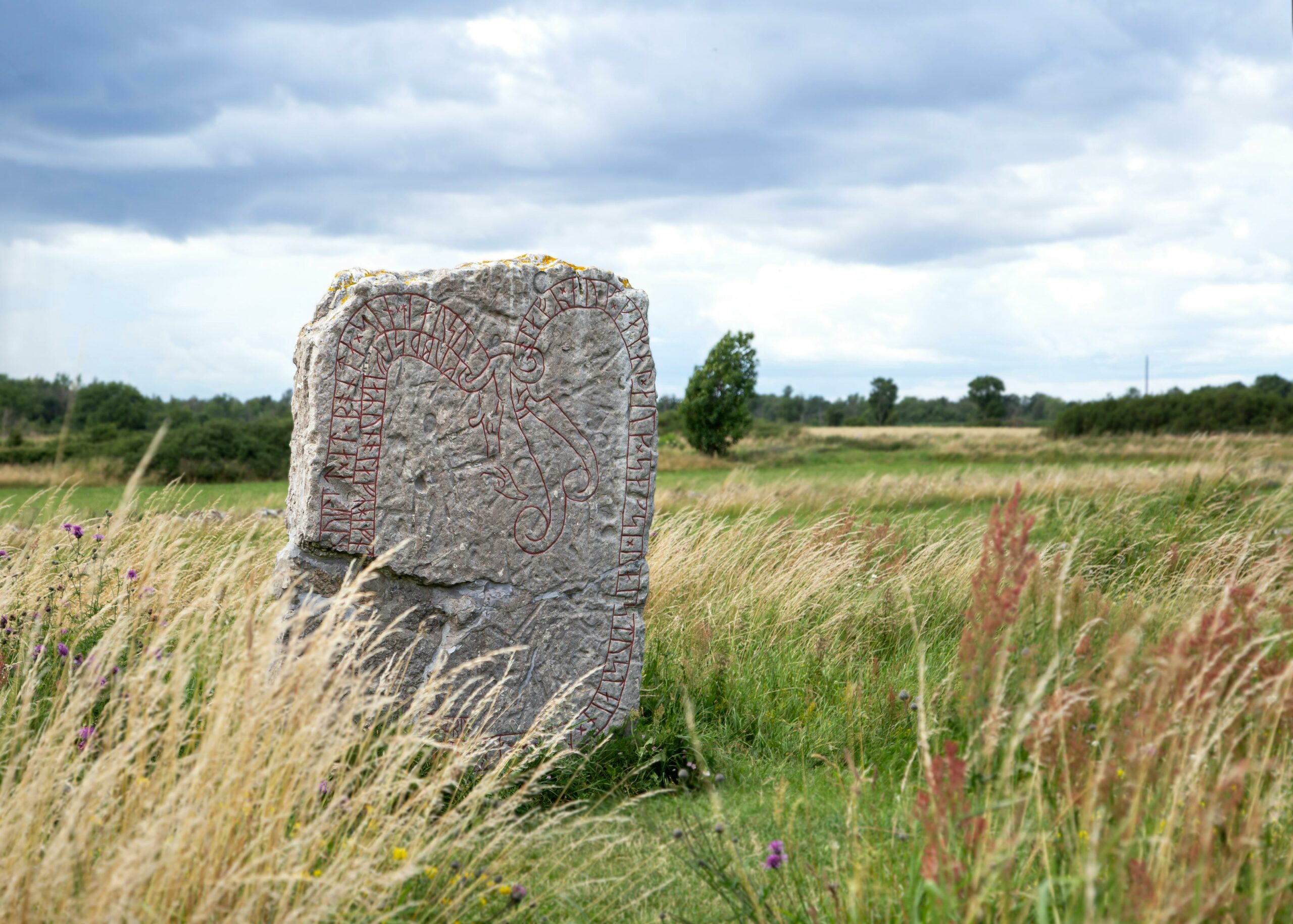Studying ASNC at Cambridge
- UCAS Code: QQ59
- How many are admitted to Cambridge every year: 19
- Minimum offer: A*AA
- Essential subjects: None
- Useful subjects: English (literature or language), History, Languages (ancient or modern)
The Anglo-Saxon, Norse and Celtic (ASNC) course is concerned with the history, culture, languages and literatures of the different peoples who inhabited Britain, Ireland and Scandinavia in the early Middle Ages (fifth to twelfth centuries).
The ASNC degree is unique, in that no other university offers this particular combination of subjects and cultures within a single course. Students will have the opportunity to gain mastery in areas of study which in most cases they will not have studied before, and to explore connections between them. The cross-cultural and interdisciplinary nature of the course is one of its greatest strengths. The study of languages leads to a deep appreciation of the corresponding literatures, while the history papers focus on the analysis of primary sources and the integration of information derived from all forms of evidence.
There are no compulsory papers (or modules). Instead, students have complete freedom to select subjects from the following options:
Language and Literature |
History and Culture |
| Old English | England before the Norman Conquest |
| Old Norse | Scandinavian history in the Viking Age |
| Medieval Welsh | History of the Brittonic-speaking peoples |
| Medieval Irish | History of the Gaelic-speaking peoples |
| Insular Latin | Palaeography (manuscript studies) |
For Part I of the ASNC Tripos (the first two years), students choose six options (or five plus a dissertation, in the second year). For Part II (third year), students choose four options from advanced papers in the same subjects, plus a dissertation on a research topic of their choice. It is also possible to ‘borrow’ paper choices from other Triposes, such as English, French, Archaeology or Linguistics. This enables students to place the emphasis of their studies where they please, be it mainly historical or mainly literary/linguistic, or mainly ‘Germanic’ or mainly ‘Celtic’, or a combination of the above.
The ASNC Department is widely renowned as a centre of international importance in its field, and students studying the ASNC course are taught by lecturers who are at the forefront of current research. A degree in ASNC can lead to a wide variety of careers. Those who choose to stay for graduate work often pursue academic careers. However, the intellectual training and transferable skills gained from this degree can also lead to careers in publishing, in banking, in teaching, in information technology, in the film industry, in marketing, in public relations, in journalism, in law, in business, and, frankly, in almost anything else. Alumni have reported that interviewers tend to latch on to ‘ASNC’ in their CV, regarding it as an interesting talking-point, and as a sign of an enquiring and original mind.
As an ASNC, you will become a member of a small but very select, enthusiastic and friendly Department, mixing with highly motivated fellow students and enjoying a course of study that will be at times surprising, challenging or entertaining, but always fascinating and deeply rewarding. Alumni look back on ASNC as one of the formative experiences of their lives.
What can I do with a degree in Anglo-Saxon, Norse and Celtic?
The majority of employers that recruit Cambridge graduates do not require a certain degree. They are usually more interested in what you can do rather than what you have studied. ASNC graduates who want to use their degree often think about working in arts and heritage, publishing or charities.
Upon successful completion of the course, Cambridge ASNC graduates go on to a vast range of careers. The top sectors that ASNC graduates tend to join are research, followed by communications, and then IT, publishing and the charity sector. Of course, many ASNC continue on to further study, and this may be something that you want to consider.
For more information, please visit the University Careers Service website.

Studying ASNC at St Edmund’s College
Studying ASNC at St Edmund’s, as with other Colleges, will involve working closely with your Director of Studies, who will arrange (and sometimes also teach) your weekly one-on-one supervisions. Lectures and language classes are provided centrally by the ASNC Department.
How to Apply
Applications for all courses are made through UCAS. You must apply by 15 October 2025 to be considered for entry in October 2026.
Requirements
Written Work
My Cambridge Application Form
Tests
Interviews
Deferred entry
Affiliated students
What is a typical Term’s work
Teaching in ASNC is provided through weekly lectures on historical and literary topics, and twice-weekly language classes, all delivered centrally in the Department. The number of lectures/classes will naturally vary depending on which papers you have selected. In these lectures and classes, the teachers will provide information, elucidation, and argumentation, most of which will not be found in books or articles. They will introduce you to unfamiliar material, and will convey their own enthusiasm for the subject. They will give you documentation for the course, including useful handouts.
A certain amount of preparation for Departmental teaching is expected. In the case of language classes, preparation of set texts will be undertaken each week (and you will be expected to translate in class and to comment on aspects of the text). In the case of lectures, the greatest benefit is obtained when some preliminary reading has been undertaken on the topic of the lecture. Private study in the form of reading more broadly around the subject is also essential.
The other complementary provision of teaching is via one-on-one supervisions. Your supervisions will be arranged by your Director of Studies, who will see you individually at the beginning of each term to discuss these arrangements, at the end of each term to read reports from your supervisors and discuss with you how things have gone, and at any other times by arrangement as necessary. Your Director of Studies will appoint your supervisors, who might be senior members of the Department, Research Fellows working in Cambridge, or current PhD students, but who will all be providing the same level of teaching.
The organisation of your supervisions will depend on your choice of papers. In general, you will have up to eight supervisions in each of your ASNC papers over the course of the two-year Part I. On average, you will have one supervision per week, in a one-to-one format. Each supervision lasts an hour, and the discussion will normally be focused on an essay that you will have submitted in advance. Your supervisor will suggest a topic for your essay and provide a reading list. In the supervision, the supervisor will take you through your essay, discuss its content and ask you to enlarge on certain matters. You can use the supervision to follow up things said in lectures, or to raise questions that interest or perplex you. Your supervisor will also help you to improve your essay-writing skills.
People
- Dr Becky Shercliff, Director of Studies
ASNC offers a uniquely interdisciplinary approach; it combines historical, literary, and linguistic study, and one-on-one supervisions from world experts. With a background in classical and ancient Middle Eastern languages, I saw it as a natural progression—deepening my understanding of how these traditions evolved in the medieval world.


